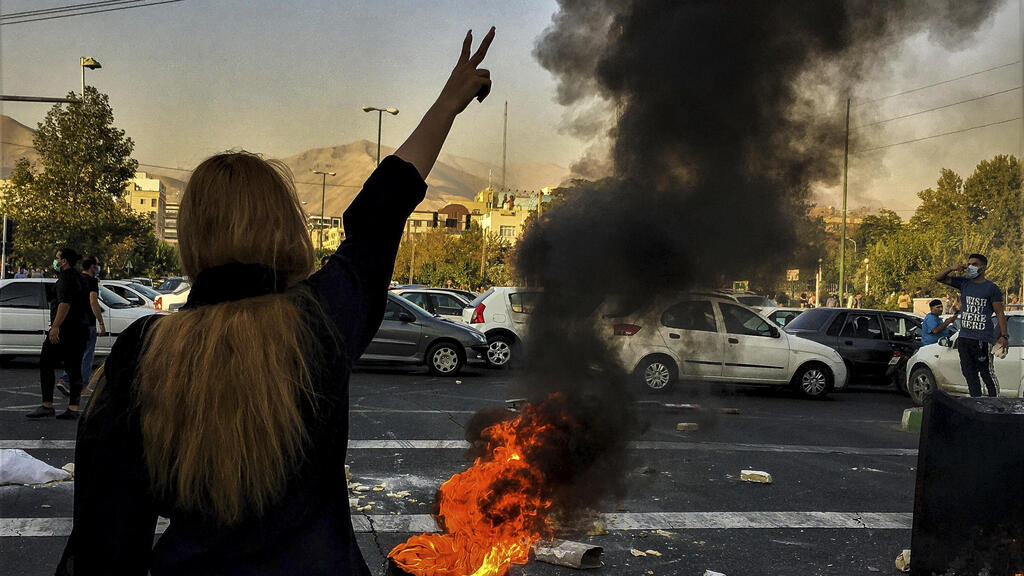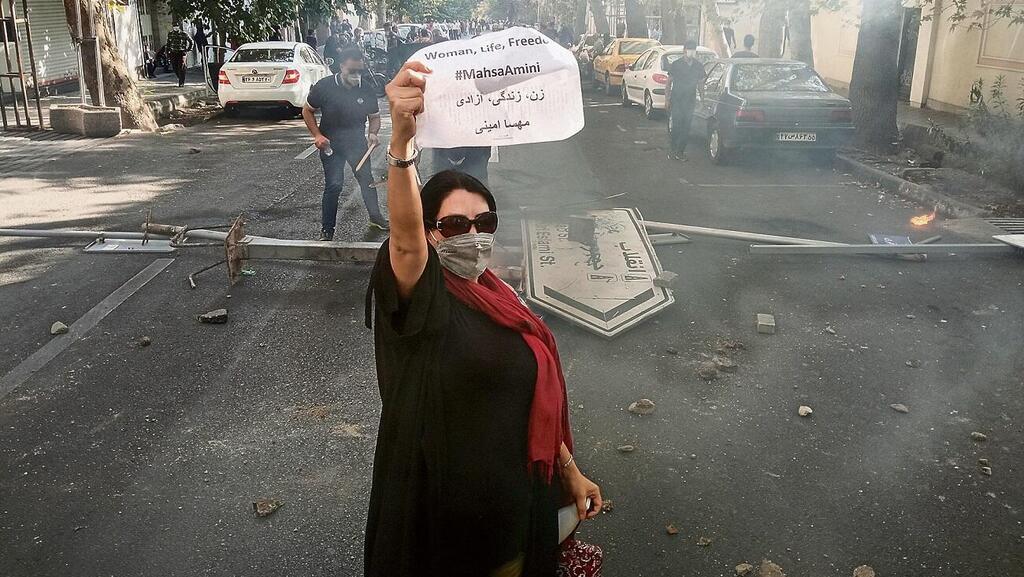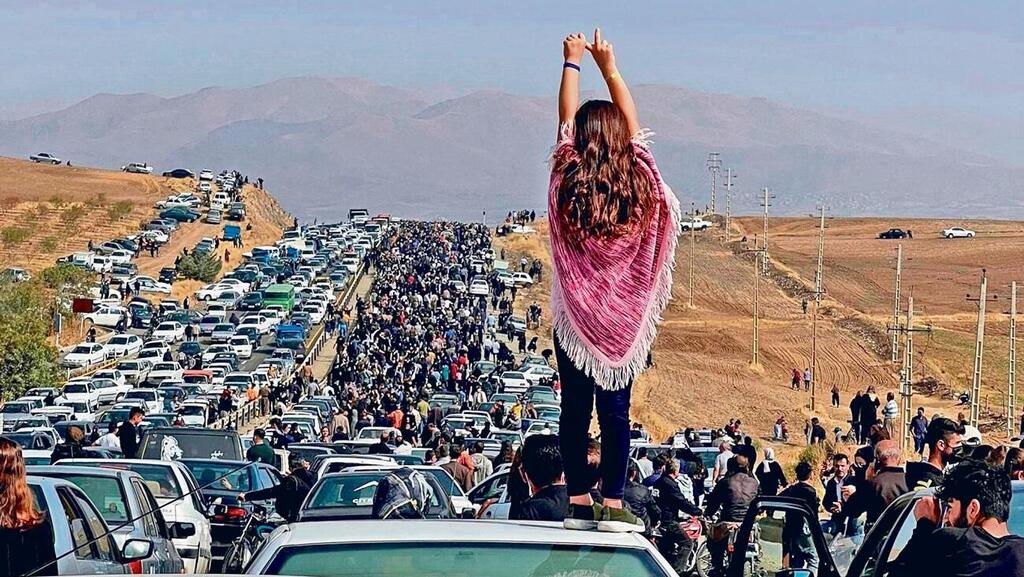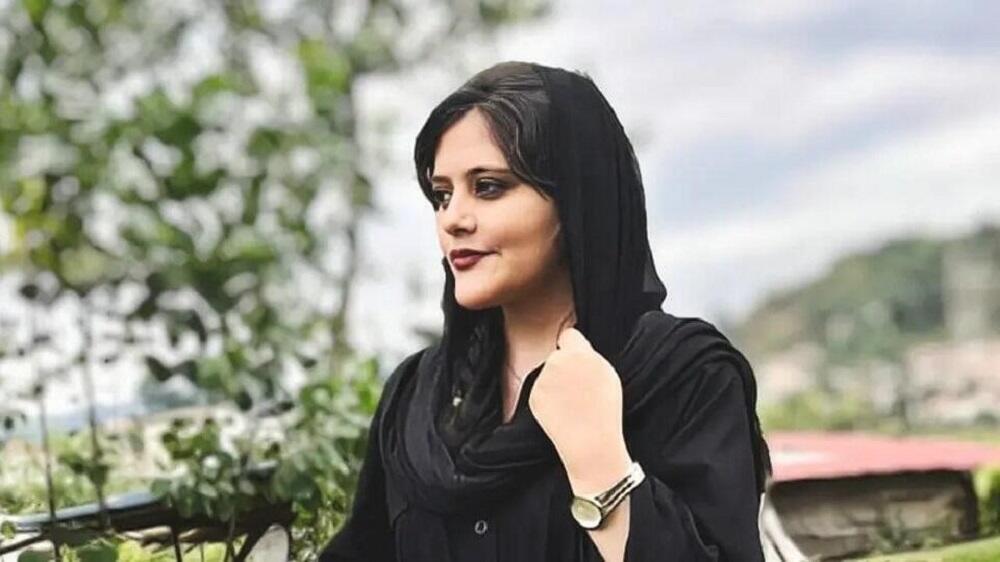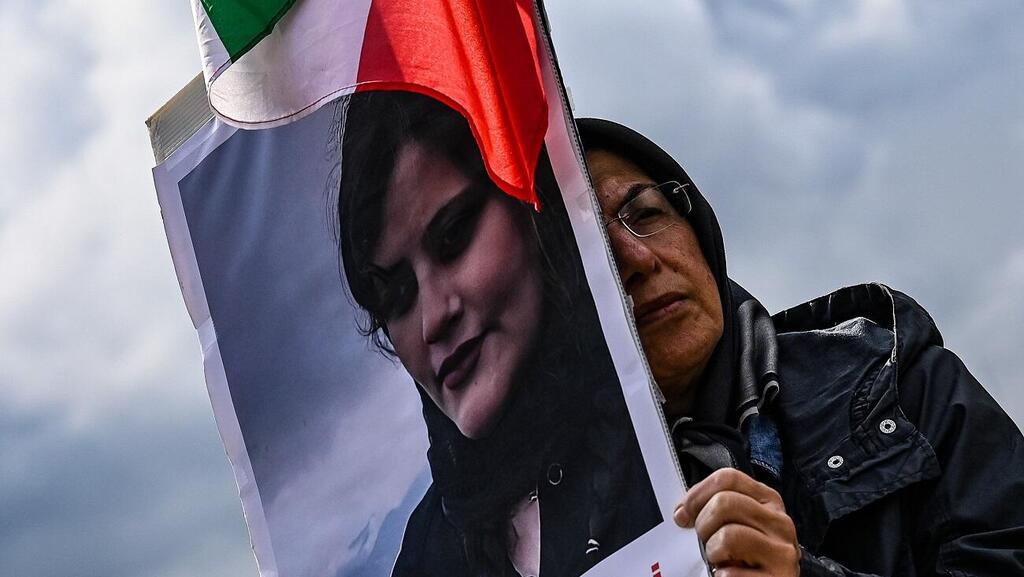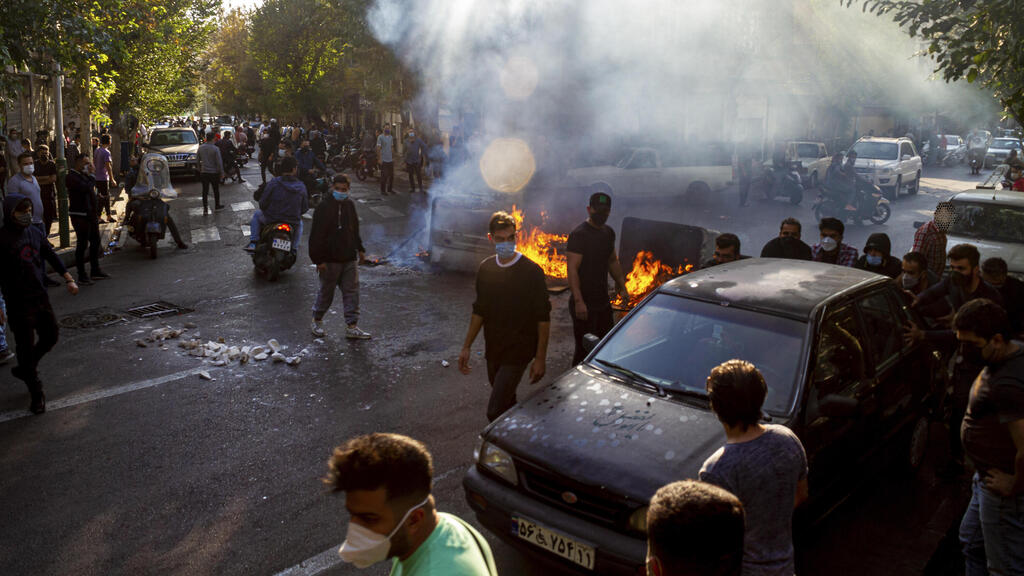Miriam (alias), an Iranian woman who participated in the anti-regime protests still raging in the country, has recently fled the borders of the Islamic Republic.
Miriam says both sides are looking for something to turn the tide to their advantage, and in an interview to an Israeli reporter, she said that the civil unrest is not expected anytime soon.
She told Ynet the Iranian regime, including the police and security forces, are expecting winter weather to cause protestors to stay in their homes. Meanwhile, the civilians who have taken to the streets hope that international intervention would help them topple the oppressive government.
“I write these things being outside of Iran. I managed to cross the border into another country where I can put my head down and follow things in Iran without getting hurt,” Miriam says.
“Before I managed to escape, I was exposed to danger daily, wandering the streets and participating in protests. I was beaten by security forces and supporters of the regime who infiltrated the protests. Luckily I did not draw their attention enough to be interrogated and arrested.”
Miriam says she considers herself a part of protest groups in Iran for more than two years, and that she protested against the regime whenever she could.
“I was once a part of a group of women who sang unofficial anthem in a choir of the protesters. Other girls were braver and removed their hijab. Three of them were taken by the police and one of them was released two later due to her family’s connections with the regime,” she says.
Miriam says that university students who studied alongside her in Iran were also beaten and arrested daily, and that she would often talk to her friends about the situation in Iran, asking if the outside world had an idea of what was going on in the country.
“From the few days I’ve been out of Iran, I understand that the world is following the protests and does almost nothing to help rescue us from that terrible regime,” she says.
When Miriam agreed to tell her story to an Israeli news outlet, she asked to leave out as many details as possible about her identity, fearful that if she were to be recognized, her family left behind, would be punished.
"I hope you understand," she says. "You can write my name is ‘Miriam’ because that is a common name in Iran. You can also say I’m somehow connected to one of the universities there and that I’m very concerned."
Miriam says the security forces once tried to arrest her. She was about to join the protestors when she noticed officers staring in her direction. “I realized I could be beaten or sent for interrogation, so I stopped. It’s no secret that every woman who is arrested is sexually assaulted and raped. It’s part of the arresting process, men are subjected to it as well,” she says.
Miriam describes rape and humiliation of protestors as an everyday occurrence, trying to lower their morale and spread intimidation.
“One of my friends was taken out of a group and placed into a police car. When she returned five days later, we could see her face was injured. Some of us were relieved, but we realized some time later that she went through much abuse but didn’t ask about it. I keep thanking god, despite no longer being very religious, that I was not harmed,” she says.
The death of Mahsa Amini, an Iranian Kurdish woman who was arrested for allegedly violating the country's strict dress code for women and died in custody, haunts them all.
“Since then, there were more women who were killed on the streets or were beaten so badly they became disabled. The Iranian journalist who exposed Mahsa’s death and the doctor who stood by Mahsa in the hospital, were both arrested. No one knows what happened to them.”
Miriam says that despite being away from Iran, she is still following the situation there. “It’s not like I’m free of this nightmare, it’s just that my life isn’t being threatened anymore,” she explains.
“I took some money with which I buy some food and clothing. I take care of what I have knowing I won’t be able to get more. I have not yet appealed to the government here, for help and try to get by on my own.
“I’ll tell you about one of my friends, a 27-year-old man who is married and has a child,” Miriam says. “He wants to escape, but knows that security forces would not hesitate to shoot him and his family.”
Miriam explains that the constant dilemma faced by young Iranians is weighing the risk of staying in an oppressive regime and the option of losing everything they have after they escape.
“The regime is allowing young people to leave now. But since we were closed off for so long, we don’t know how to do it, or if some countries will accept us without special visas.”
Miriam says that leaving Iran isn’t that simple. “The U.S. bars all entry, the prices of tickets are expensive, and no one is willing to provide entry visas. Only people with influential connections can attempt to leave,” she says.
Miriam says she would not consider coming to Israel, even if that were an option, fearing for her family if she were exposed. “I need to think of my family at all times, who will be sent to jail? I don’t believe you can hide.
“I also believe the Iranian authorities have agents in this country who are following me. If I do anything that angers them, they’ll go after my family.
“I love my country, it is a wonderful place, full of warm, intelligent people. I remember we would go on vacations when I was a child. My parents would buy me toys and we would eat at restaurants. One day someone spoke up against my father and he was kicked out of his job,” Miriam says.
“We had to lower our expenses, but still, we owned a car and my parents live comfortably."
Her father was called to the police department in November, and asked to speak up against their neighbor. "He tried to dodge the question, saying he didn't know the neighbor. Then the investigator told him that it was the neighbor who had tipped the authorities off about him."
Miriam says her father was later released, but that it remained unclear to him what had happened to their neighbor, who was still awaiting trial in Iran.
"I know that the rate of trials has been doubled and that the regime is now posting the sentences in order to scare the public," Miriam says.
"I sit here in this cramped apartment and think of my home and family. I call them very rarely to prevent unnecessary troubles," she says.


